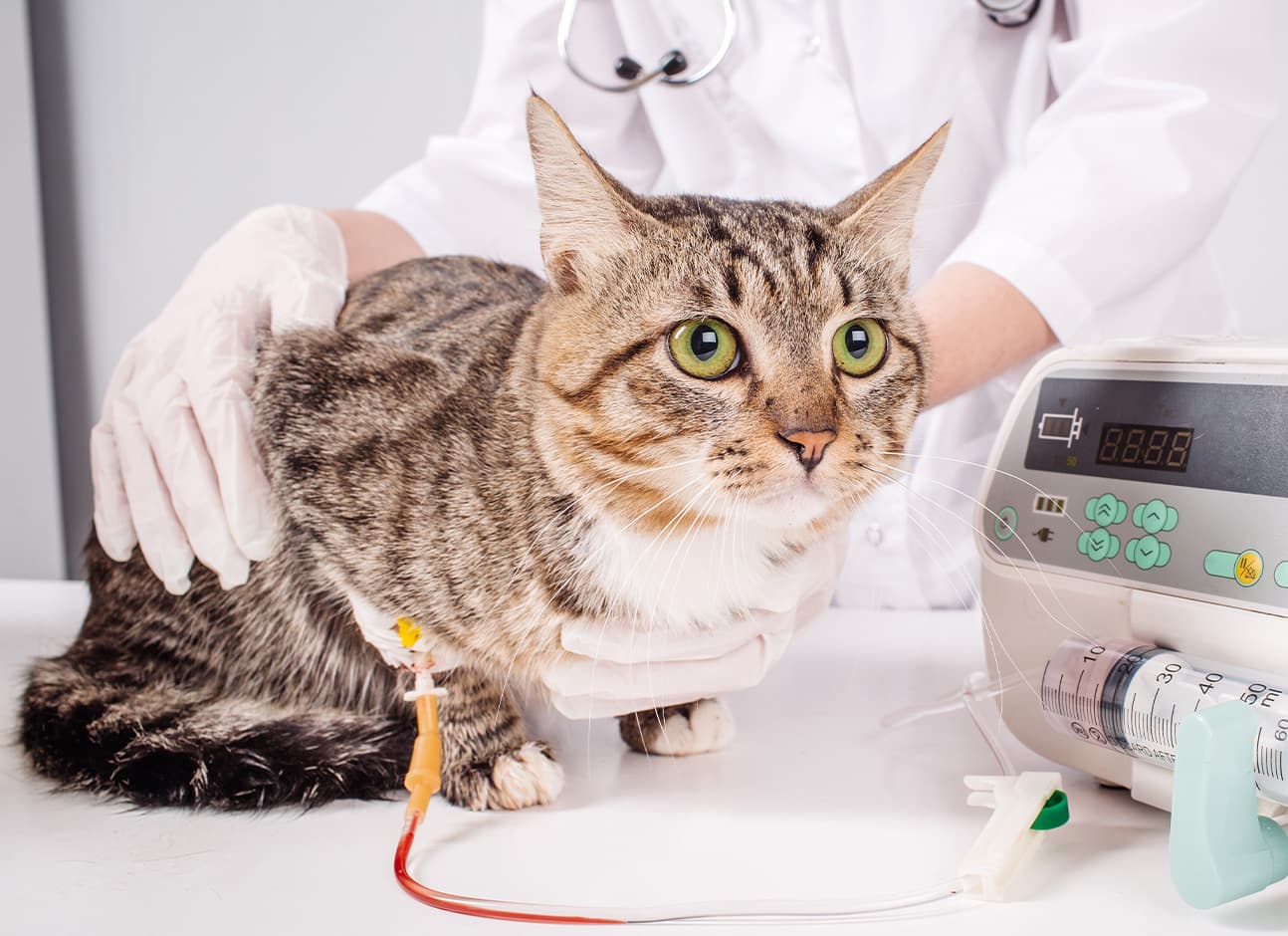Your Trusted Partner
in Your Pet’s Long Term Health The decision to have your pet spayed or neutered is one of the most responsible actions you can...
The Importance of Vaccination When your pet receives a vaccine, it trains their immune system to attack viruses and bacteria prior to them causing an...
A veterinary consultation is often the first and most important step in managing your pet’s health. When your dogs appear tired, your cats stop eating,...
Cancer is one of the most significant health challenges facing pets today, affecting millions of dogs and cats worldwide each year. A cancer diagnosis...
Spaying is an important part of being a responsible pet owner. It helps keep the number of pets down and is very good for the health of female dogs and...
For years, Modern Vet has been providing Dubai pet owners with a multi-specialist veterinary provider and service. With the launch of the updated Modern...
Hydrotherapy for pets is one of the most rapidly adopted and effective rehabilitative techniques used today in veterinary medicine. The modality of...
Moving to a new house is a life-altering situation, and it is not only about packing the boxes and securing plane tickets when you have pets. Your furry...
At Modern Vet, proactive preventative healthcare lays the foundation for your pet's long and happy life. From standard blood tests to urinalysis or...
Save our number now so you are prepared if the worst happens.
24-Hour Emergency Hotline: 800-82
Address: Umm Suqeim, Al Wasl Road, Villa #793,...
Your pet’s eyes are one of their most sensitive and important organs. Like people, animals rely on vision to get around the world, communicate with you,...
At Modern Veterinary Hospital, we know that being able to move comfortably is critical to your furry friends’ overall happiness and well-being....
Your pet requires proper oral health maintenance for their general health and wellness. Gum disease, tooth decay and infections affect dogs and cats...
Pet physiotherapy is an important and growing aspect of veterinary medicine, addressing recovery from injury, surgery, chronic conditions or poor...
Your pet requires the best care, including nutritious food, veterinary visits, and professional grooming services for year-round comfort, cleanliness,...
Holistic pet medicine originated in ancient times and now exists as a contemporary integrative system that focuses on treating the complete animal...
You want the best for your pet’s health and longevity, but feeding them well-balanced meals can be difficult. The same principles apply to humans also...
The transportation of pets in busy Dubai becomes difficult because of the combination of traffic congestion, heat exposure, limited time availability,...
Family pets hold a special place in family life, just like human family members, because they develop various skin and coat issues as they age. Skin...
The fastest-growing cities, including Dubai, need to prioritize pet welfare because their pet population exceeds available resources when not managed...
Here at Modern Veterinary Hospital, we are aware of the fact that having your furry friend deal with neurological disease can be incredibly traumatizing....
Pet cardiology functions as a veterinary medical speciality that diagnoses, treats, and controls Heart and circulatory diseases in animals. A strong...
At ModernVet, we are committed wholeheartedly to improving the wellbeing of your faithful canines with our state-of-the-art dog spay and neuter services....
ModernVet offers professional cat spaying and neutering services that deliver top-level care to feline pets. The procedures form an essential part of...
A powerful alliance based in Dubai's center has established new benchmarks for animal medical care. Modern Vet operates as a top veterinary hospital...
For every devoted cat owner, ensuring the long-term health and happiness of their feline companion is a top priority. Protecting cats from infectious...
The Modern Vet Clinic in Dubai is a top-tier animal hospital providing complete veterinary services for dogs. Our clinic provides veterinary care for...
The Modern Vet clinic in Dubai operates as the leading facility which provides specialized healthcare solutions for cats in the city. The clinic provides...
